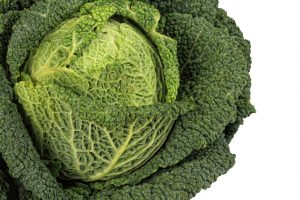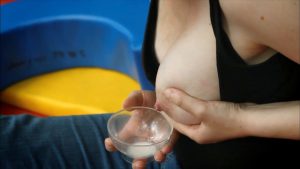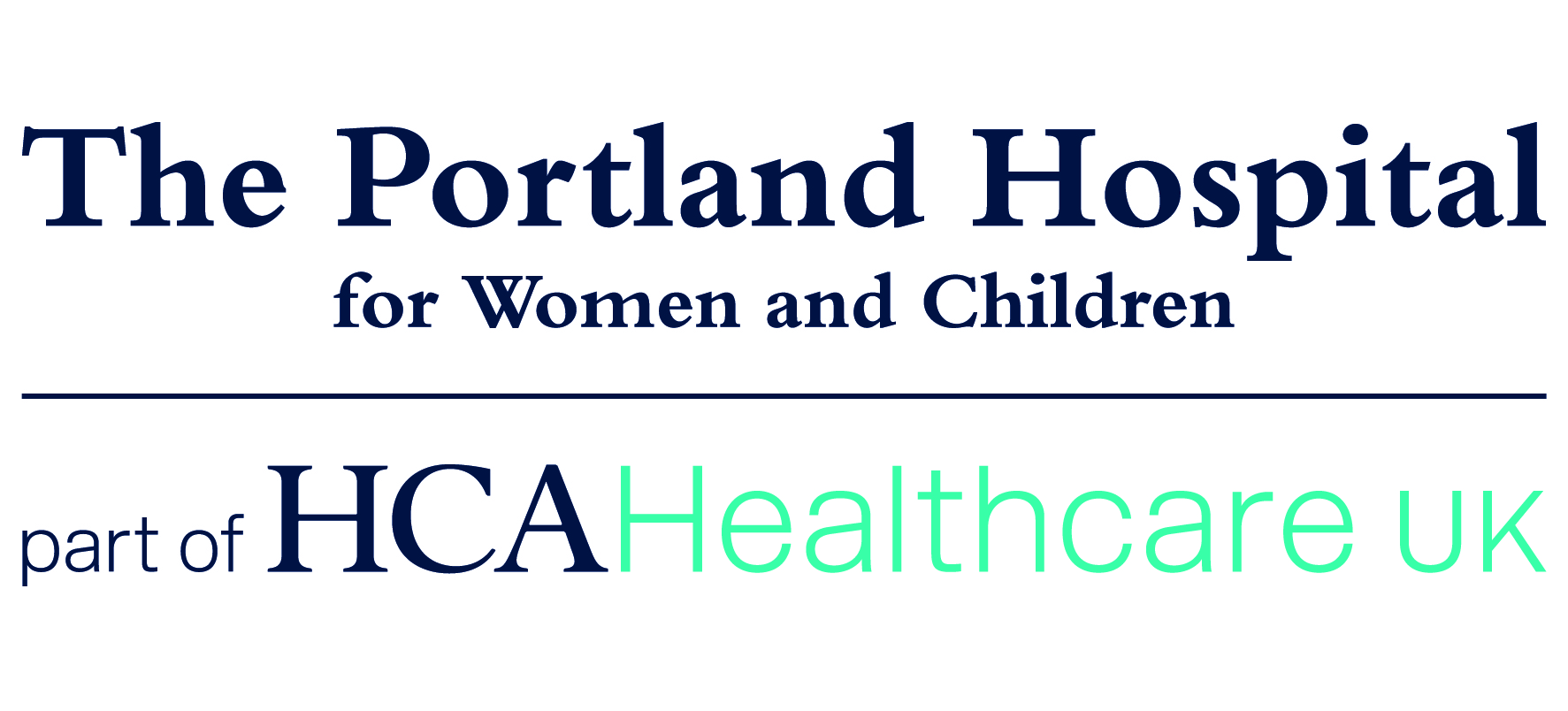Engorged breasts are hard, tender, shiny, lumpy and very full with milk. Engorged breasts are also hard because they have increased blood flow and tissue fluid. Engorgement can happen at any time and is different from the normal fullness that new mums experience when their milk first comes in. This early fullness, can feel quite similar, and often happens in the first 72 hours after birth but should be relieved with effective frequent feeding in response to your baby and shouldn’t linger. Engorged breasts are incredibly painful, uncomfortable and alarming. When your breasts are that hard and tight it can be very difficult to get your baby to latch on or attach properly to the breast.
Treating engorged breasts
Engorgement needs to be dealt with really quickly as it can lead to mastitis if the breast is not emptied.
As well as being painful for you, if your breasts aren’t emptied, your milk production will start to decrease because there will be a feedback loop going on saying “There’s too much milk being made, slow down”.
This may lead to a reduction in milk supply just at a time when your baby needs more for their growth.

You need to try and make sure that your baby is breastfeeding efficiently and draining your breasts at each feed. To do this:
You need quick help if your breasts get hard and engorged, so you won’t be in pain and your milk supply won’t reduce. But when your breasts are engorged they can be rock hard making it more difficult for your baby to latch on and feed. So you need to do something to get some milk out so your baby can start feeding more easily again.
To treat engorged breasts and discomfort you should:
You are more likely to get engorged breasts if:
Whatever the reason, if you have engorged breasts you have to be patient – but it’s very important to move that milk.
Try and work out why you’ve ended up with all that milk there. It’s probably going to be that the breastfeeding attachment that needs tweaking. If poor attachment is the underlying cause, your baby’s attachment may need just minor adjustment.
Engorged breasts are a sign that your breasts are not being emptied effectively, which in turn, can become a painful and stressful condition.
Breastfeeding works on a positive feedback system so that the more the baby feeds, the more milk you produce and conversely the less she feeds, the less milk you produce.
It is very important that you try and empty your breasts and get help to make sure your baby is properly attached and draining the breast, otherwise your breasts will wrongly get the message that the milk isn’t needed in these quantities as it’s not being taken away, and the breasts will decrease milk production.

How can I soothe my engorged breasts?
Engorged breasts are very painful and you might want to take a painkiller appropriate for breastfeeding mums such as paracetamol or ibuprofen (if there isn’t another medical reason why you can’t take it).
There are several cooling treatments that you can use to cool the heat and the localised pressure you are feeling including:
These cooling poultices should be applied for 10 minutes before and after feeding can help ease the feelings of heat and tightness. Cold compresses can also help drain the lymph fluid from your breast. You can massage your breast towards your armpit to help move the fluid more quickly.
Hand expressing as an engorgement cure

The best way to resolve engorged breasts is to express or breastfeed, to move the milk out of your breasts. This means very frequent feeding or expressing. Hand expressing can be the easiest, gentlest and most controlled way of moving milk out of engorged breasts. If also allows you to drain the breast and not overstimulate the breasts to produce lots more milk.
Do not offer supplementary formula feeds if you are engorged.
With your baby latched on effectively, the baby helps drain the breast, gets a good feed and your nipple is in the right place near your baby’s soft palate and protected from their hard palate, which can pinch your nipples making breastfeeding painful. Once the milk is moving properly and your baby is feeding well the engorgement should go away.
If you have stopped breastfeeding, the engorgement will become worse before your body begins to slow down and stop milk production and you will need to care for your breasts to minimise linked problems like mastitis. Many women use home remedies such as cold cabbage leaves in their bra to sooth the engorgement. It’s important to gradually reduce breastfeeding when you do want to finish and not stop suddenly. This is better for your breasts but also better for baby – as for them breastfeeding is about comfort and not just milk.
For a list of useful contact details for The Portland Hospital, please click HERE.
